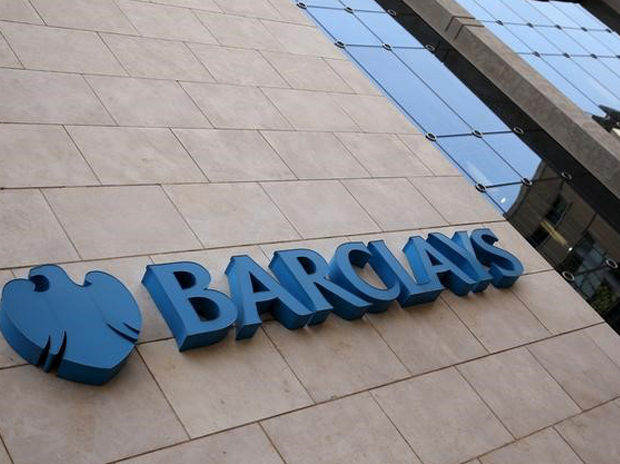
Barclays launches platform for fintech start-ups
By Nupur Anand for Business Standard,
This comes at a time when both bank and non-financial players looking at this space actively
Foreign lender Barclays has now decided to focus on thefinancial technology space in India and has opened afintech innovation platform. In this technology innovation hub, the lender is looking at partnering with various start-ups and will provide a physical site for fintech companies.
This is Barclays’ sixth site globally, following London, Manchester, New York, Cape Town and Tel Aviv hubs.
“We believe that it makes commercial sense for us as it allows us to be able to test our ideas in this space faster and cheaper than doing it separately. And also going ahead, Barclays can also emerge as their first customer,” explained Jaideep Khanna, Chief Executive Officer & Country Head, Barclays.
Barclays focus on the financial technology comes at a time when both the bank and the non-financial players are looking at this space actively. In fact, Nasscom predicts that the Indian fintech software market is estimated to grow by 1,7 times and cross $2 billion by 2020.
Barclays is not the only one that is pushing the pedal on focusing on fintech innovations. Several other private sector lenders have also been focusing on this space. Recently, even HDFC Bankand ICICI Bank have tied up with fintech start-ups and are looking at working closely with them. Some other smaller lenders such as RBL and Federal Bank are also looking at investing in start-ups.
On the business plans Barclays said that they will continue to invest in the bank but are not looking at infusing more capital at the moment as they are well capitalised. Recently, the bank had also exited the cash equities decisions. However, Khanna said that at this point of time there are no plans of consolidating any other businesses.
The lender has also ruled out converting into a Wholly Owned Subsidiary (WoS) as it believes it does not make adequate business sense now.
“We don’t have a retail proposition in mind at this point of time and so the benefits of subisidarising at this point of time are limited. It does not make sense with our size and business model,” added Khanna.
First appeared at the Business Standard





